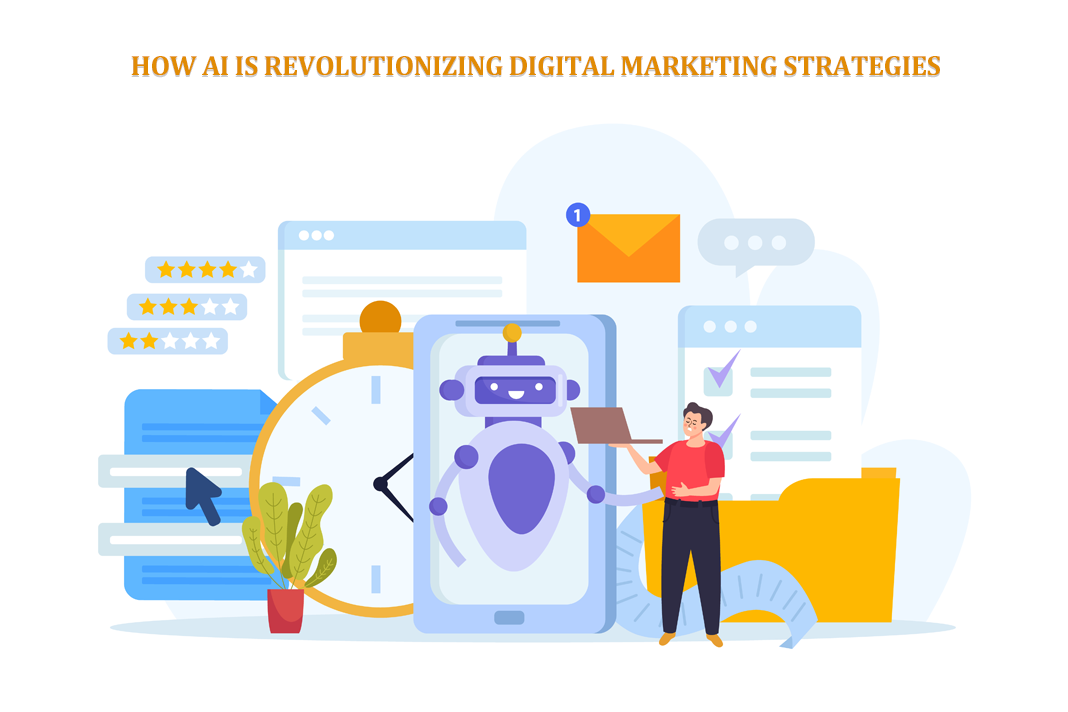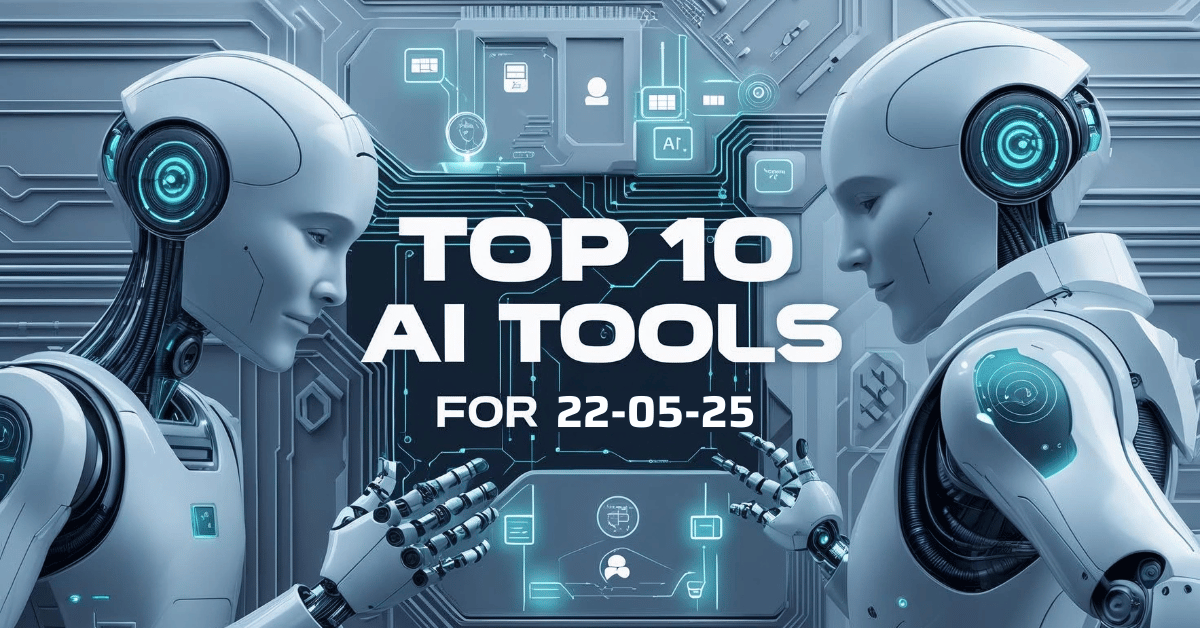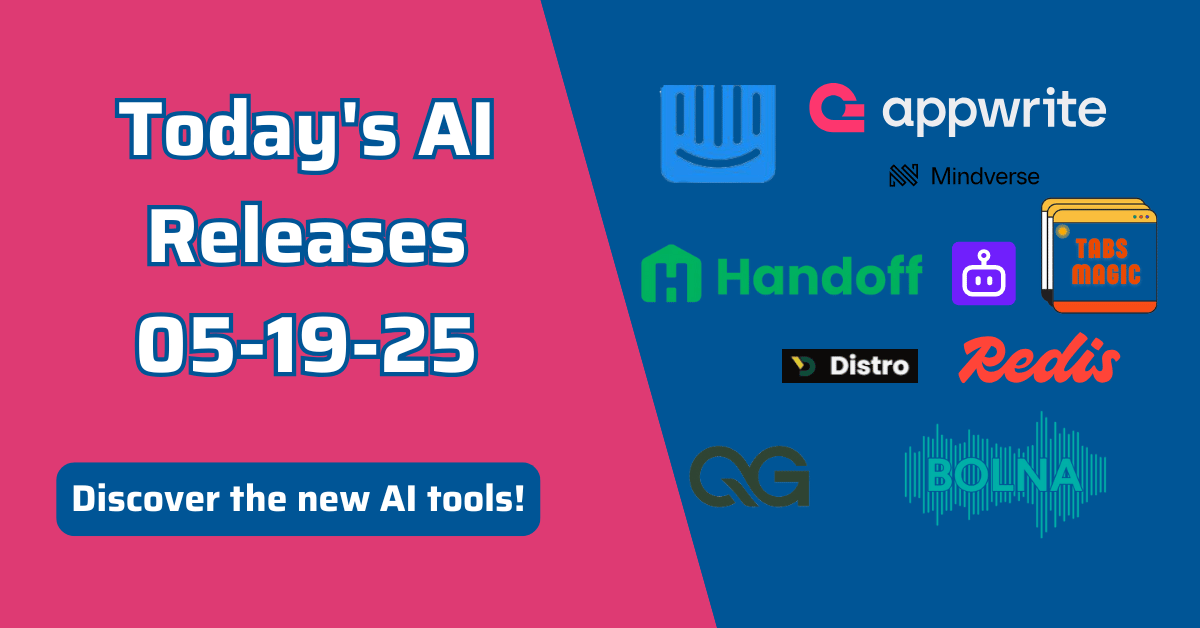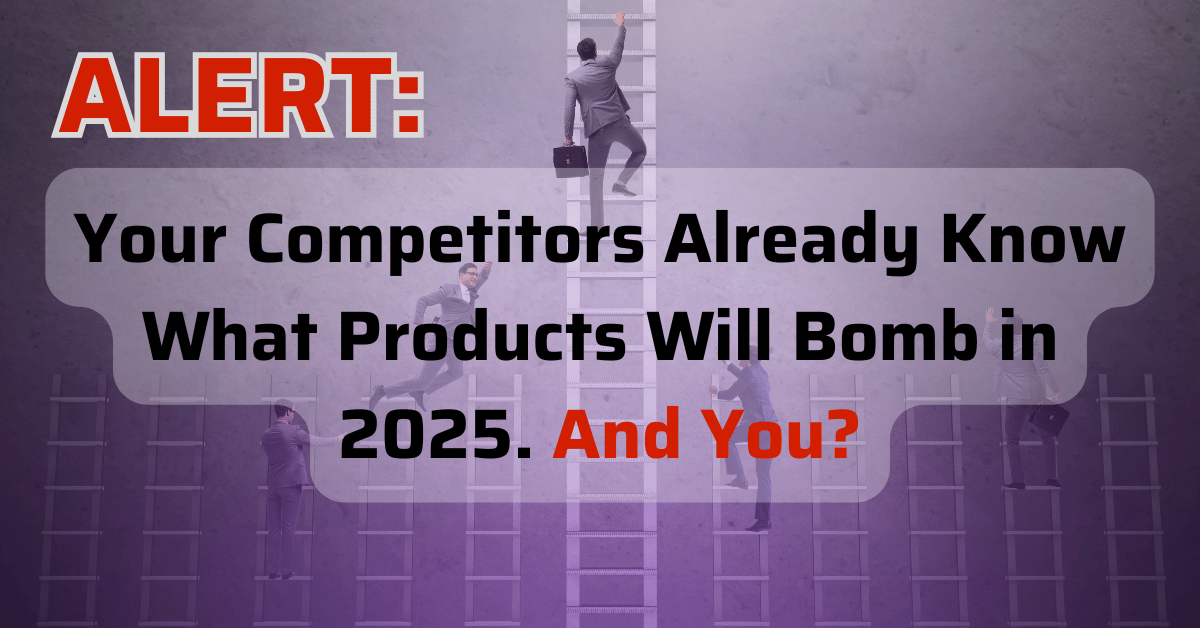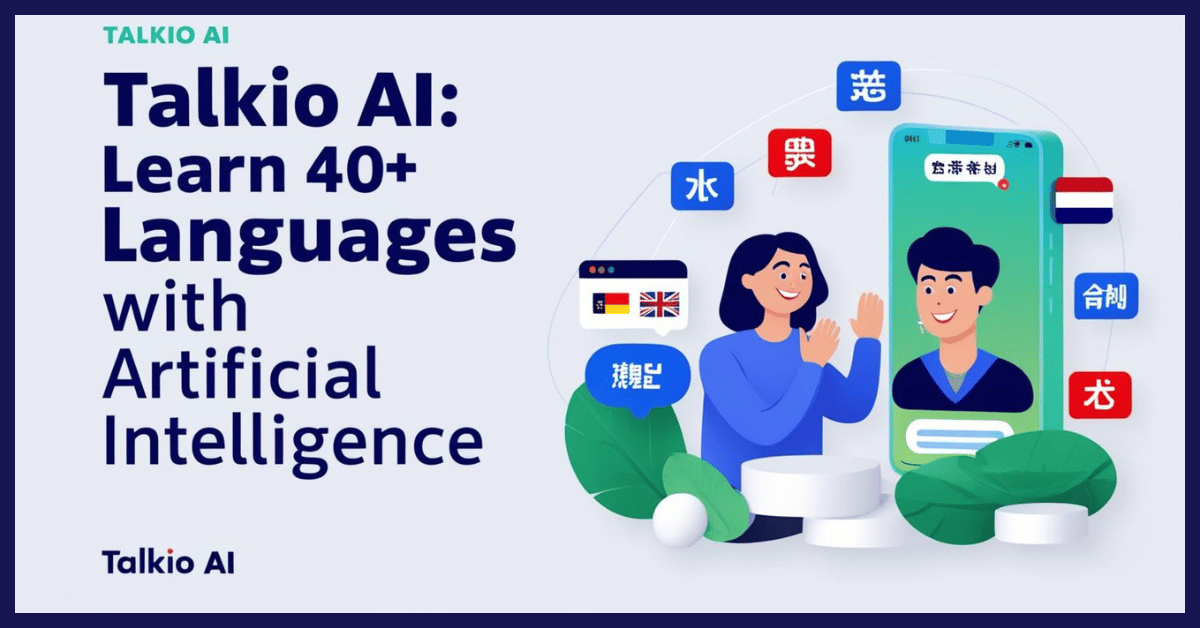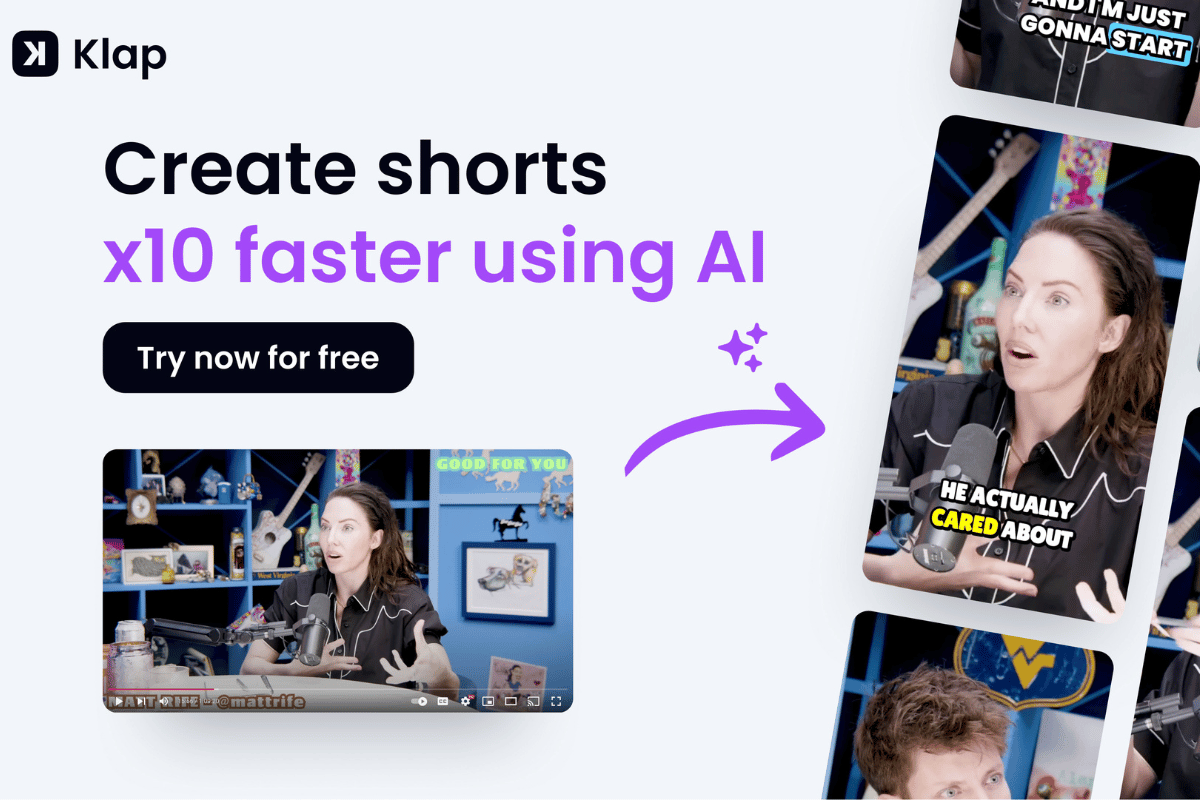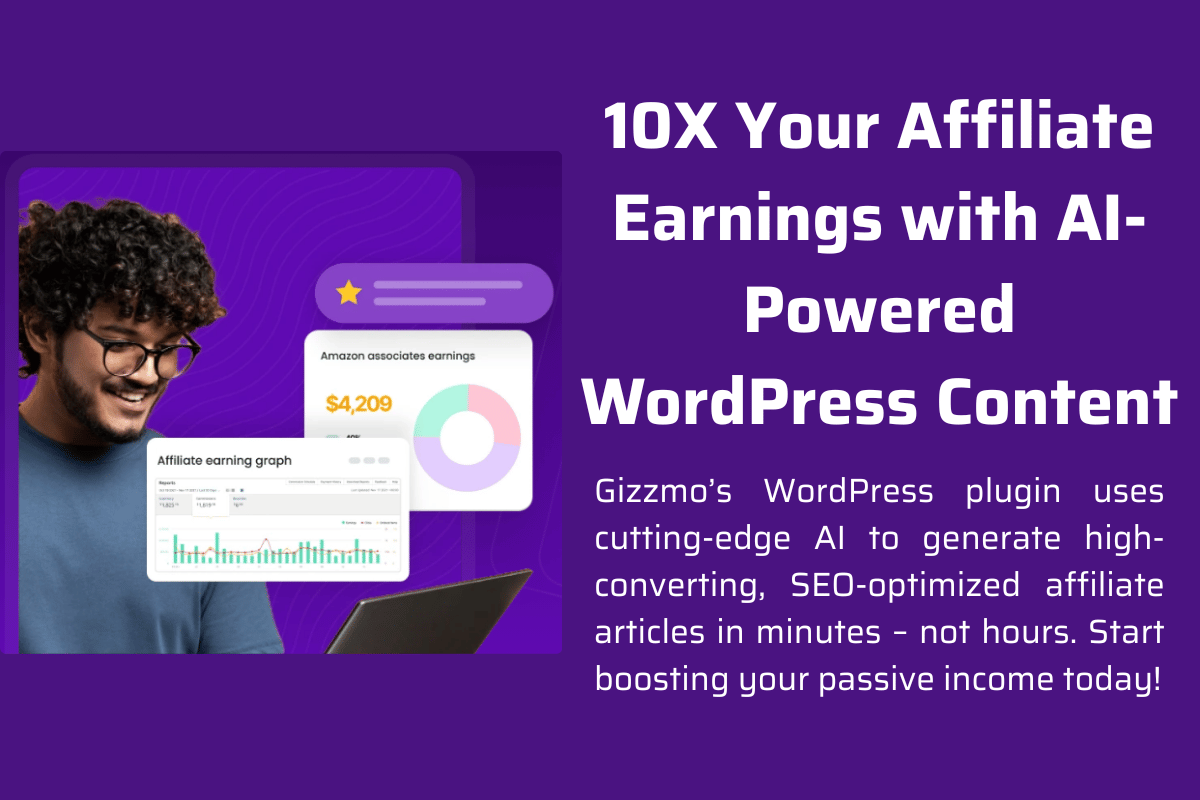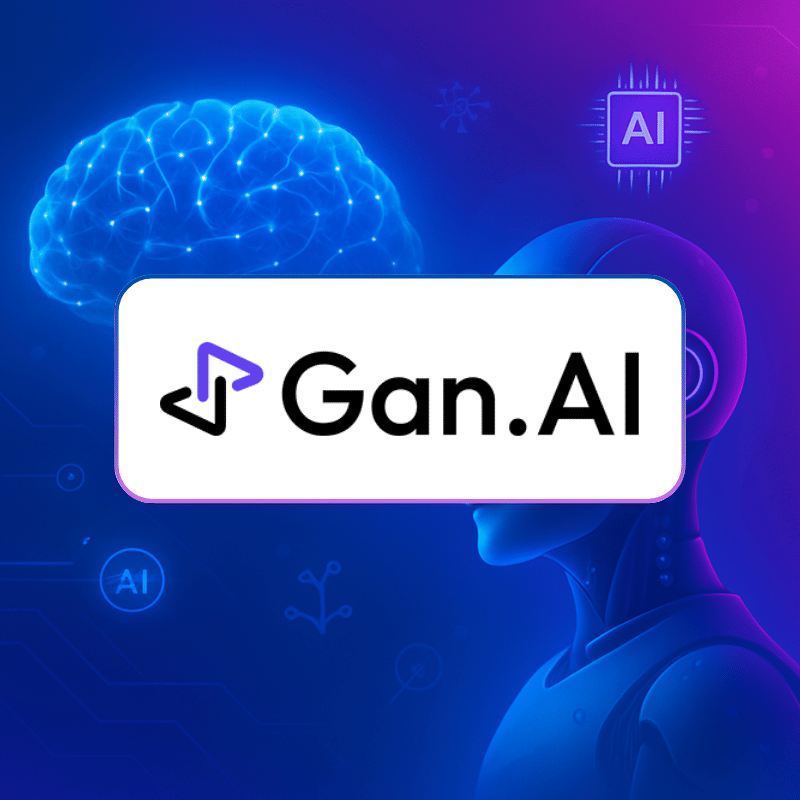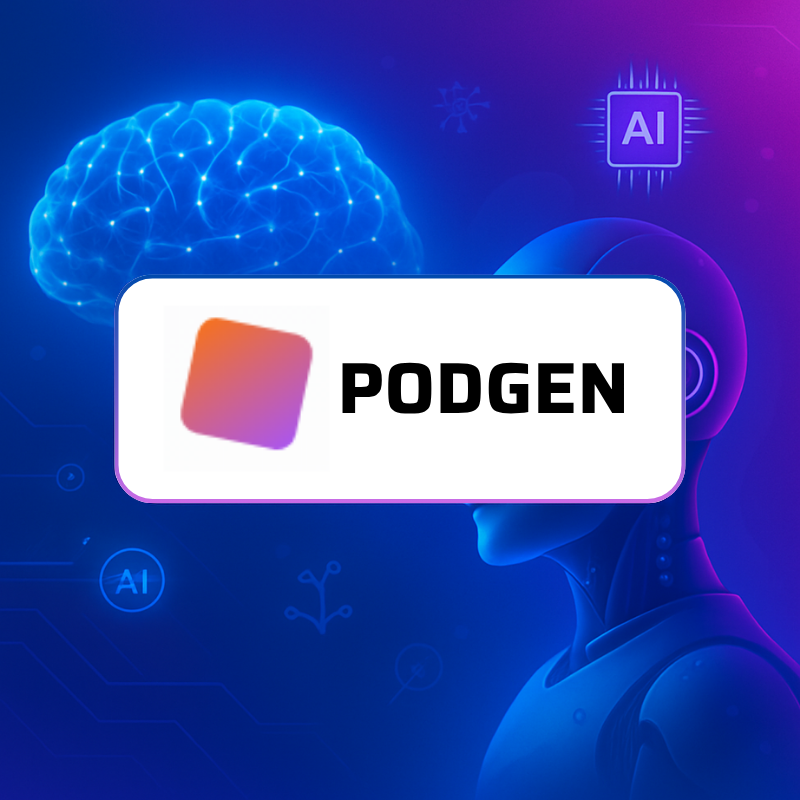Have you ever considered how businesses market themselves and their goods as though they are talking to you?
It is not hard to understand because artificial intelligence (AI) is changing the marketing world. It is transforming the way businesses strive to stay ahead of the competition.
From understanding customer behavior to predicting the future and creating bespoke offers, AI is in a league of its own. More and more companies are turning to AI – from chatbots to predictive analytics, it offers speed, accuracy, and higher returns.
But how do AI tools now redefine digital marketing strategies? I will discuss the interesting consequences of marketing.
Enhancing Personalization
AI is a great enabler for businesses developing fully customized customer experiences. AI tools like IBM Watson for business and AI for professionals pertain to advanced technology that can analyze millions of data to determine what content would please users most.
For instance, the AI algorithm in the Netflix recommendation engine was designed to make customers watch TV shows. Once you watch a particular show, it seeks to make you watch a show you haven’t seen yet. So, the show you haven’t watched is recommended and AI-enhanced.
AI and algorithms are defining the future of almost all businesses. They increase market engagement and loyalty, and emails are a good example. Now, traditional email marketing involves AI in coming up with subject lines, the time at which emails should be sent, and which products should be recommended to target audiences, eventually increasing opening and conversion rates.
Automating Customer Interactions
The use of AI-driven chatbots has eliminated the need for customers to wait for a human representative to respond to their queries and provide them with support promptly and satisfactorily.
These bots can assist multiple users simultaneously, are available 24/7, and, most impressively, learn over time to become more effective. Facebook Messenger and WhatsApp have augmented their services with AI-powered bots to give businesses effortless access to their customers.
The company’s strategy can target key components only, increasing productivity by automating monotonous tasks.
Predictive Analytics for Decision-Making
Organizations have significantly altered their marketing approaches due to AI-based predictive analytics. AI can assist in determining future trends or, more importantly, what customers would prefer to have based on a history of suitable data.
For example, retailers use predictive models to forecast the highest-selling products for particular seasons. This allows them to make good estimates of product demand, lowering resource allocation and squandering and maximizing profitability.
Predictive analytics also improves advertisement distribution effectiveness by simultaneously considering consumers, locations, and types of messages.
Optimizing Content Creation
Creating content is no longer a time-consuming task. AI services such as Jasper and Copy.ai can produce relevant, high-quality content within minutes.
These tools utilize already-existing information and turn it into nicely structured blog posts, captions for social media, and even video scripts. This implies that marketers are now able to produce variegated content in vastly shorter time frames, which also leads to saving time and resources.
AI assists in estimating trending topics and keywords, which is important to ensure that the content is always timely and easy to find. This optimization is especially significant as it helps surpass competitors.
Revolutionizing Advertising
Advertising in the modern world has seen a significant transformation thanks to AI, which has made it more accurate and cost-effective. One advantage of AI is programmatic advertising, which enables ads to be bought and placed automatically, targeting the most suitable spine.
Super platforms like Google Ads and Facebook Ads employ AI techniques to check users and show what is best suited for them. This eliminates wastage and makes advertising much more efficient.
Further, AI allows the creation of ads that can change according to the audience, which results in marketing that is more interesting and effective.
Improving Customer Insights
Analyzing customer activity is the core of an effective marketing paradigm where AI emerges as the finest. Systems such as Google Analytics and HubSpot are great AI systems in their ability to analyze customer journeys, making them invaluable to marketers sincerely.
This information assists advertisers in determining their weak spots, favored clientele, and areas that require attention. In selling, AI narrows down prospects, assisting in targeting the right audience.
The business becomes better placed to sort out the issues and set out well-defined goals and objectives. Rational and sophisticated advertising campaign outcomes are achieved, resulting in higher campaign performance levels.
Streamlining E-commerce Operations
AI has furthered operational efficiency, customer experience, and interaction in the E-Commerce market segment. When customers add products to their shopping baskets, AI recommendation systems drive them to purchase more of the suggested products that they are likely to buy, consequently boosting sales.
Virtual assistants have made shopping easier for shoppers by walking them through the process and making recommendations while also answering questions. For example, the WooCommerce Popup Cart helps consumers streamline their checkout process to lessen the abandonment rate.
Such advancements make it possible to provide a secure shopping experience, which raises customer satisfaction and loyalty.
Enhancing Social Media Marketing
Social media channels have started utilizing artificial intelligence to aid their marketing strategies. AI marketing tools thoroughly study user activity to determine the best times to post content and what type of content to use.
Similar sites like Instagram and Twitter use Artificial Intelligence algorithms to display users’ interested content, increasing interactions.
Furthermore, these AI-powered analytics tools offer actionable strategies, assisting marketers in perfecting their models. This guarantees that social media campaigns have a far-reaching reach.
Facilitating Real-Time Decision-Making
Another area in which artificial intelligence is invaluable is modeling and assessing real-time events. Marketers can monitor and improve campaigns and their results in real-time.
For instance, AI can identify underperforming ads and suggest alterations to improve them. This responsiveness enables companies to maintain a competitive edge and quickly adapt to changing market conditions.
Real-time decision-making is constructive when flash sales, new product launches, or any such event is needed.
Driving Innovation in Video Marketing
The video marketing sector has escalated and transformed over the years, partly due to AI targeting new innovations. AI algorithms can scour viewer behavior to suggest video HTML templates, duration, and content that viewers will most likely enjoy seeing.
For video content, for example, YouTube and TikTok have implemented AI to optimize the performance of videos by recommending them to viewers, increasing click-through rates.
Plus, editing solutions for video content became AI-powered, making videos easy to create even for startups. Thanks to this, the video marketing market can be accessed by any brand, regardless of its scale.
Ensuring Data Privacy and Security
Being able to utilize AI tools fully comes with its own problems related to the security and privacy of user data. Companies must take great precautions regarding their AI tools and guarantee due diligence regarding CCPA and GDPR, among other regulations.
Protection and Vulnerability assessment technology that employs AI can help safeguard delicate consumer information. These data policies, along with good security measures, would be necessary within organizations to establish trust with their clients.
Companies that focus on privacy today will have a competitive advantage in an era when data management is everything.
Personalizing Mobile Marketing
Another area in which mobile AI is being utilized greatly is affecting and altering mobile users. Machine learning algorithms track behaviors on mobile devices to serve ads, push notifications, and other in-app messages.
For instance, food-ordering apps employ AI to decide what meals a user can order next based on their geolocation and the meal they ordered last time.
Furthermore, AI enhances mobile applications by predicting users’ needs and offering customized attention. This helps businesses reach out to consumers properly in this mobile-centric world.
Integrating Voice Search Optimization
Smart speakers and voice assistants have become commonplace in many homes, leading to greater integration of voice search marketing services, and optimization is needed.
AI tools assist organizations in assessing their voice search patterns, allowing them to alter their SEO approach. The most common problem with voice searches is that they contain very simple conversational queries, and AI algorithms ensure that the content is formatted well for such queries.
For example, local businesses can use AI for “near me” voice searches and increase the number of people visiting the company and the sales. This increases the reach and availability of accessibility for the users.
Future of AI in Digital Marketing
AI will only continue to integrate further into digital marketing in our technologically evolving world. Emerging technologies like augmented reality (AR) and virtual reality (VR) will be utilized alongside AI.
As the use of smart speakers increases, AI-optimized voice searches will become more important. Moreover, AI will allow businesses to interact and engage with their customers in a more emotional and personal context.
Companies adopting AI technology will be able to cope with the constantly mutating marketing conditions more effectively.
Conclusion
AI has changed the way the digital Marketing landscape is positioned, offering unlimited degrees of unwarranted exposure, engaging personalization, and new inventions.
Predictive marketing AI, chatbots, and other AI implementations help businesses engage with their audiences meaningfully. AI ensures companies stay profitable in an ever-dramatically changing market by optimizing processes and improving customer experience.
No entanto, a necessidade de considerar os impactos da tecnologia, como a privacidade de dados, não deve ser negligenciada. O engajamento futuro de empresas e clientes permanecerá quando o alinhamento entre marketing digital e IA for efetivamente usado.

